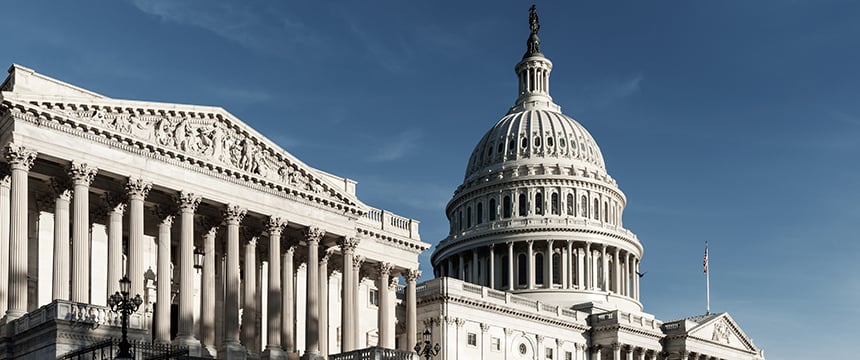Is it Unfair to Restrict Unfair Competition? The FTC May Soon Make Their Stance Known

If you utilize non-competition agreements in your business to protect your trade secrets, customer goodwill, and business relationships, then today’s update is an important one for you.
Earlier this month, the Federal Trade Commission (FTC) released a public announcement concerning eight new compulsory process resolutions covering everything from acts affecting the armed forces and children to common ownership and biometric bias. Due to the wide-ranging subject matter, it would be easy to miss the import for non-competition agreements. But, nestled among those other topics were two compulsory resolutions concerning: (1) Abuse of Intellectual Property; and (2) Monopolistic Practices, both of which the FTC decries for their potential for “anticompetitive” conduct and “market power abuses” that preclude businesses from “competing.” It is therefore notable that the FTC’s public announcement contained this ominous warning:
“Companies engaging in conduct implicated by these resolutions should be forewarned: the FTC looks forward to aggressively using these resolutions and will not hesitate to take action against illegal conduct to the fullest extent possible under the law.”
This is not the first time we have forewarned of possible FTC action on non-competition restrictions. When the FTC held a workshop in January 2020 to discuss whether it has sufficient legal basis to restrict employer use of non-competes, we advised that it was only a future possibility, but certainly one to watch. More recently, in July of this year, President Biden issued an Executive Order aimed at “promoting that encouraged the FTC to “curtail” the use of non-competition agreements, which we described as giving further legs to possible FTC action. Against this backdrop, the FTC’s recent public announcement should be a red alert to employers with non-competition restrictions that the FTC may now feel it has the legal and presidential support it needs to begin prosecuting companies based on their non-competition agreements.
So what is an employer that uses non-competition agreements to do? Moving forward, employers should review their non-competition agreements to ensure they comply with the laws of the state(s) in which they are in effect, giving particular attention to the duration and geographic scope of the restrictions. Employers should also take a critical eye to their criteria for selecting which employees to enter non-competition agreements with, and the business justifications for doing so. While it is too soon to know if the FTC is ready to regulate non-competes, it is never too soon to prepare your business for that possibility. If you have questions about your non-competition agreements, Foley’s extensive team of labor and employment attorneys stand ready to help.
